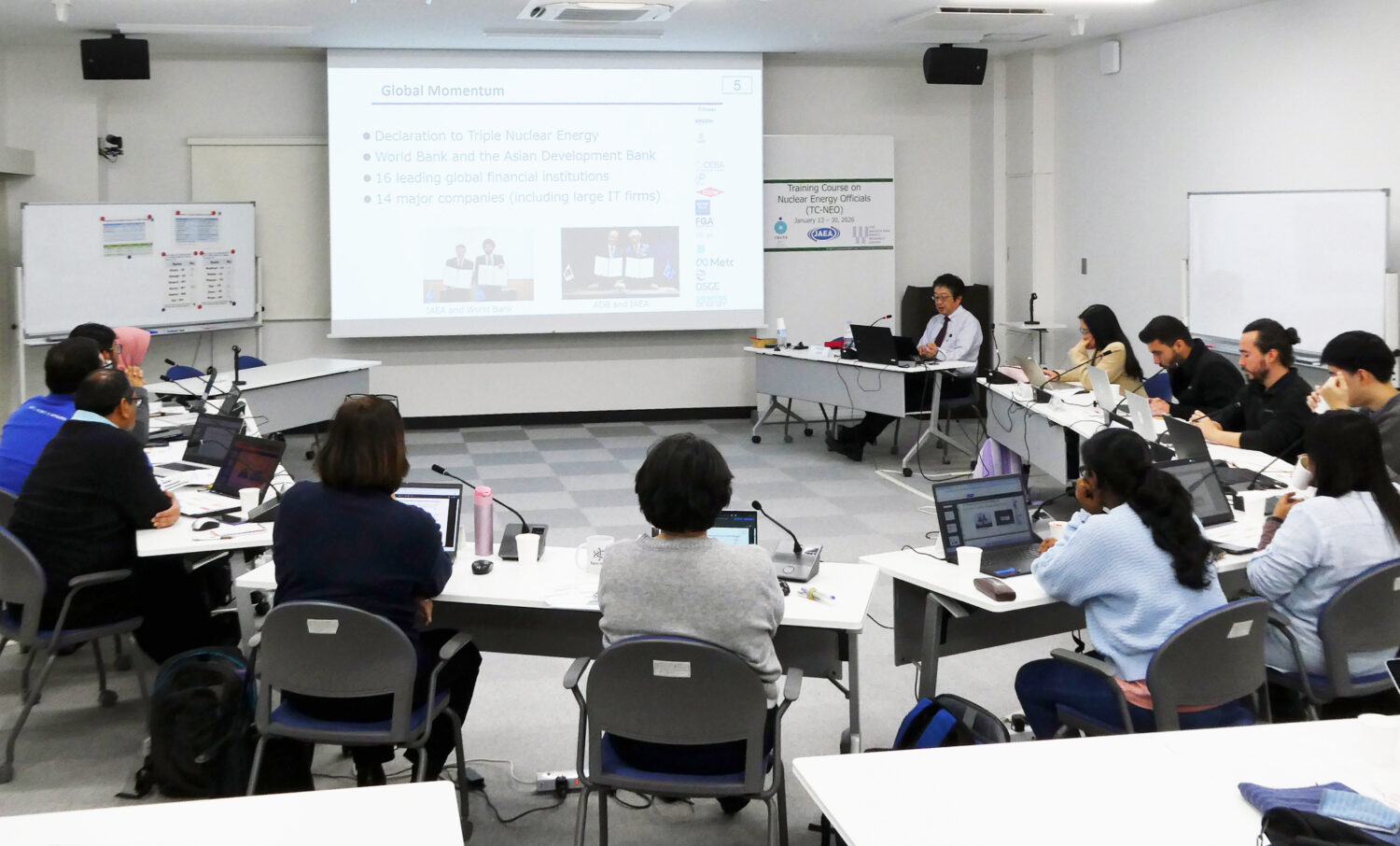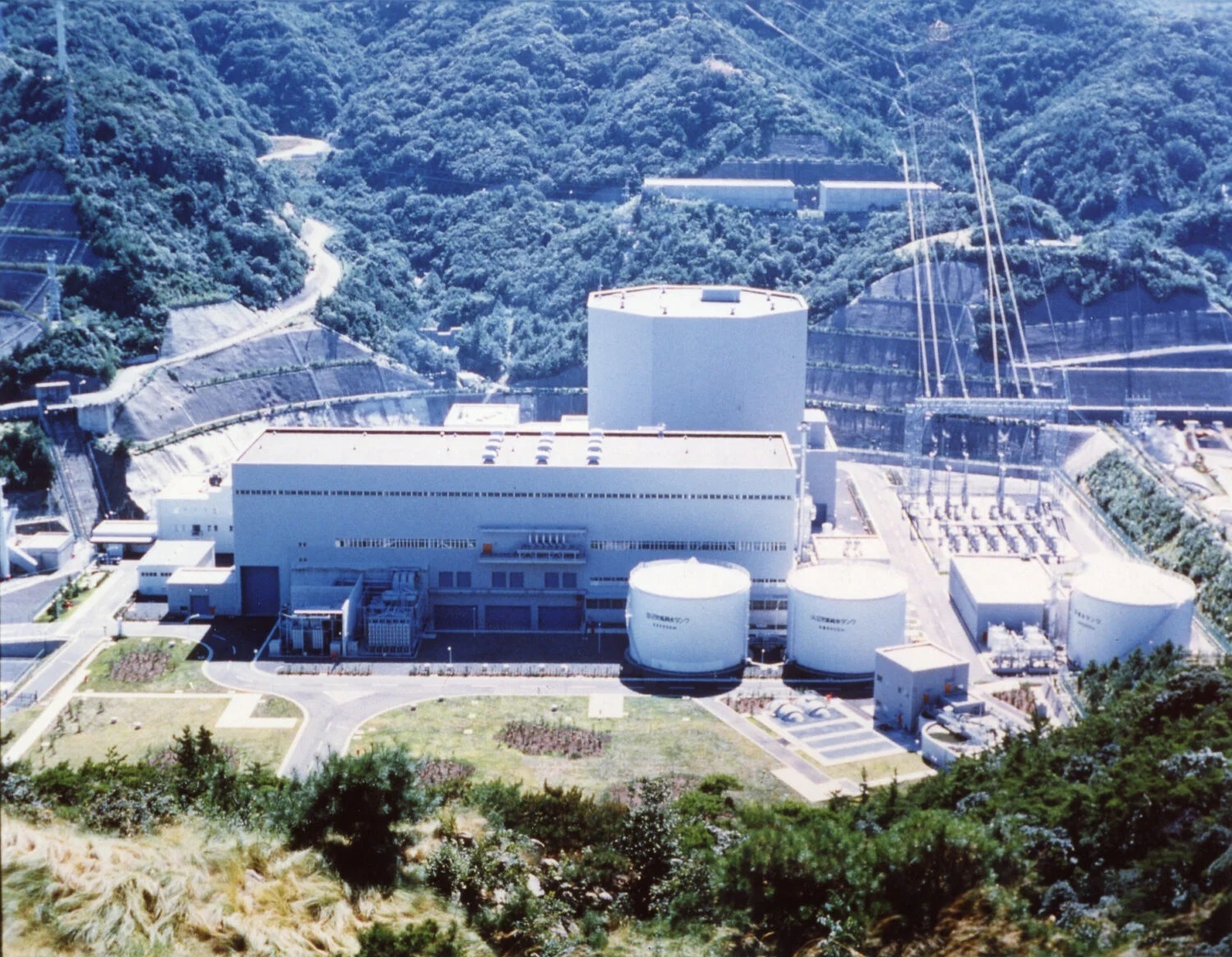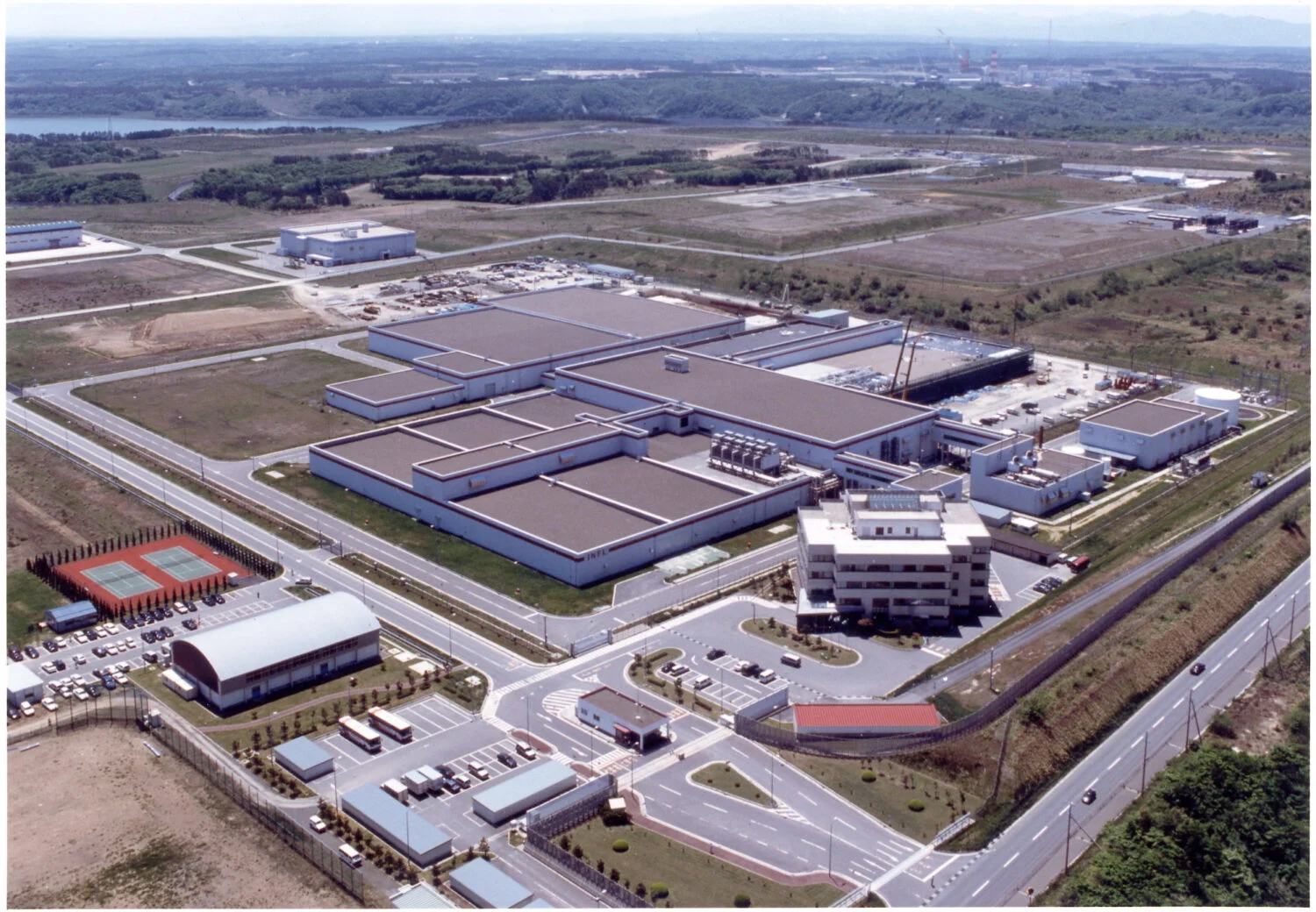The Subcommittee discussed topics including trends in next-generation advanced reactors, coexistence with host communities, the nuclear fuel cycle, supply chains and workforce development, as well as international developments. A wide range of opinions were voiced by members.
Particular attention was drawn to a document compiled by the Federation of Electric Power Companies of Japan (FEPC), which estimates that, assuming 60-year operating lifetimes, an increasing number of reactors will enter decommissioning from the mid-2030s onward. As a result, approximately 5.5 GW of replacement capacity will be required in the 2040s. Several members proposed that this projection should serve as the starting point for medium- to long-term discussions. Chair Kurosaki underscored the significance of presenting a future vision to avoid a shortfall in decarbonized power sources, stressing the importance of quantitative outlooks and affirming the validity of using the FEPC projection as a baseline.
Other members remarked that, given the lead times required for replacement, there is little time to spare and discussions must begin promptly. Voices also called for government and industry to jointly examine scenarios beyond 2040, drawing on overseas examples.
While many members supported the FEPC estimate, some pointed out the uncertainties—such as electricity demand growth, which could vary significantly depending on the pace of DX and GX—and emphasized the need to present multiple scenarios. Additional comments highlighted the importance of strengthening safety culture and improving regulatory predictability.
MASUI Hideki, President of the Japan Atomic Industrial Forum (JAIF), who attended as a special member, assessed the FEPC projection as “reasonable, being based on power demand forecasts and nuclear power ratios,” and suggested that the government, when formulating its vision, should present both medium-term and long-term outlooks.
On maintaining and strengthening the foundations of the nuclear industry, Masui identified three priorities: (1) securing new entrants into the sector, (2) retaining talent within the industry, and (3) utilizing senior personnel. He emphasized the need to enhance overall productivity in the nuclear industry by actively employing labor-saving technologies. Stressing that these challenges require cooperation among government, industry, and academia, he affirmed that JAIF would engage with a strong sense of responsibility.



-013.jpg)













